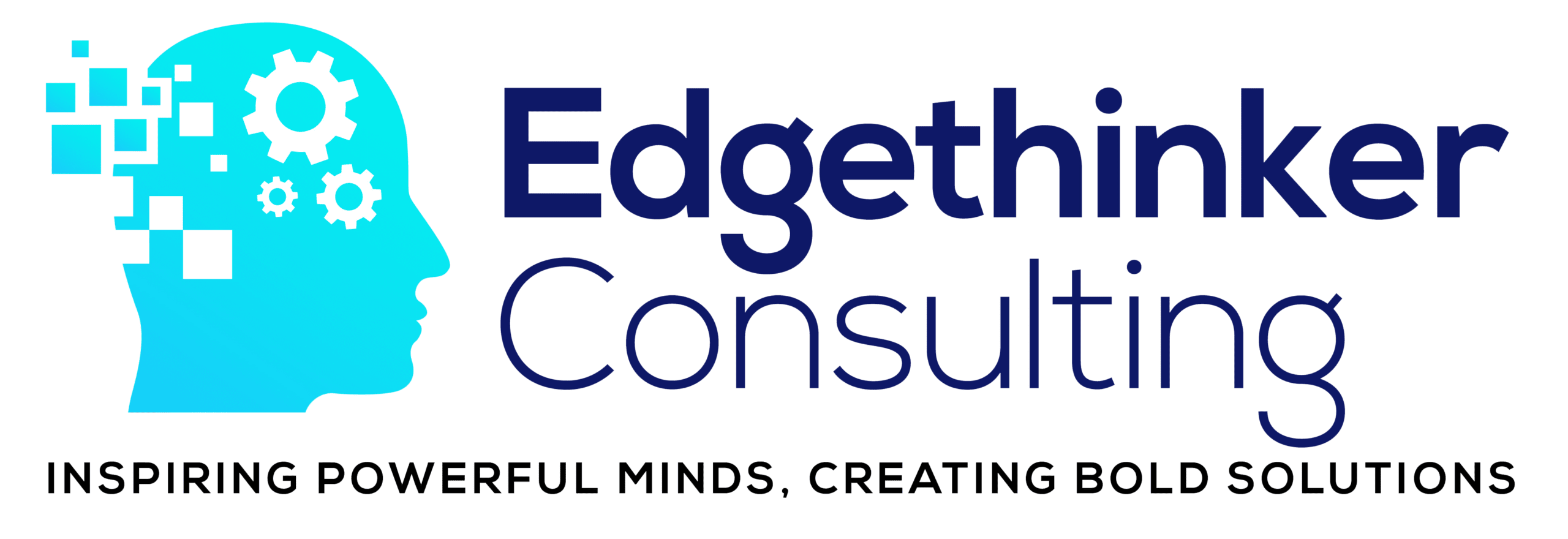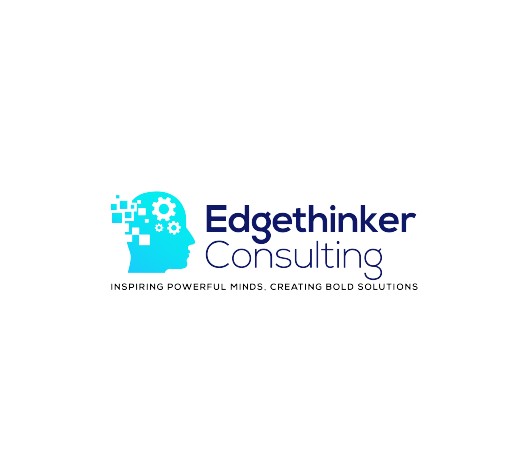In today’s rapidly evolving business landscape, organizations are constantly seeking ways to enhance their efficiency, reduce costs, and deliver greater value to their customers. Lean manufacturing has emerged as a powerful methodology to achieve these objectives. This article will explore the concept of lean manufacturing, its relevance in the digital age, and its growing significance following the global pandemic.
Introduction
In today’s highly competitive business environment, organizations are under constant pressure to optimize their operations and deliver exceptional value to their customers. Lean manufacturing, a methodology rooted in efficiency and waste reduction, has gained significant traction over the years. This article aims to provide an in-depth understanding of lean manufacturing, its importance in the digital age, and its relevance in a post-pandemic world.
Understanding Lean Manufacturing
Lean manufacturing is an approach to process improvement and management that originated from the Toyota Production System (TPS) in the 1940s. It focuses on identifying and eliminating waste to improve efficiency, productivity, and customer satisfaction. By streamlining processes and reducing non-value-added activities, lean manufacturing aims to deliver products and services of the highest quality while minimizing costs.
The Principles of Lean Manufacturing
a -Eliminate Waste
Waste, in the context of lean manufacturing, refers to any activity or process that does not add value to the end product. Lean practitioners identify and eliminate various forms of waste, including overproduction, waiting time, unnecessary transportation, excess inventory, and defects.
b- Continuous Improvement
Continuous improvement lies at the heart of lean manufacturing. It involves constantly seeking ways to enhance processes, eliminate inefficiencies, and optimize resource utilization. By fostering a culture of continuous improvement, organizations can drive innovation and stay ahead of the competition.
c- Respect for People
Lean manufacturing recognizes the importance of the people involved in the process. It emphasizes creating a supportive and empowering work environment that encourages employee engagement, collaboration, and learning. By valuing and respecting people, lean organizations can tap into their full potential and drive sustainable growth.
d- Just-in-Time (JIT) Production
Just-in-Time (JIT) is a key principle of lean manufacturing that focuses on delivering products or services at the exact time they are needed. By synchronizing production with demand, organizations can minimize inventory carrying costs, reduce waste, and enhance responsiveness to customer requirements.
Lean Manufacturing in the Digital Age
The digital age has brought forth unprecedented opportunities for organizations to leverage technology and data in their pursuit of operational excellence. Lean manufacturing has adapted to this digital landscape, giving rise to the concept of digital lean management. Digital lean management combines traditional lean principles with technology-driven tools and methodologies to enhance efficiency, collaboration, and decision-making.
Leveraging Digital Lean Management Tools
Digital lean management tools encompass a wide range of software solutions and technologies designed to support lean practices. These tools enable real-time data collection, process visualization, performance monitoring, and predictive analytics, empowering organizations to make informed decisions and drive continuous improvement. From cloud-based collaboration platforms to Internet of Things (IoT) devices, digital lean management tools provide organizations with the necessary infrastructure to succeed in the digital age.
Operational Excellence Consulting and Lean Manufacturing
Operational excellence consulting firms play a pivotal role in assisting organizations in their lean manufacturing journey. These consultants possess expertise in lean methodologies, change management, and process optimization. By partnering with operational excellence consulting firms, organizations can accelerate their lean transformation and achieve sustainable operational excellence.
The Role of Business Management Consultants
Business management consultants provide valuable insights and guidance to organizations seeking to implement lean manufacturing practices. They offer expertise in various areas, including supply chain management, quality management, and organizational design. With their extensive knowledge and experience, business management consultants help organizations navigate the complexities of lean implementation and ensure its successful integration into their operations.
Business Consulting Services in India and Lean Manufacturing
India has emerged as a global hub for business consulting services, with a growing number of organizations seeking assistance in lean manufacturing implementation. Business consulting firms in India provide comprehensive support to businesses across industries, enabling them to adopt lean practices and achieve operational excellence. These services encompass lean process assessment, value stream mapping, training and development, and performance measurement.
Customer Journey Consulting and Lean Manufacturing
In the digital age, understanding the customer journey is paramount to delivering a seamless and personalized experience. Customer journey consulting combines lean manufacturing principles with customer-centricity to optimize the end-to-end customer experience. By mapping customer touchpoints, identifying pain points, and implementing lean practices, organizations can enhance customer satisfaction, loyalty, and ultimately, profitability.
Value Proposition and Customer Segments in Lean Manufacturing
Lean manufacturing emphasizes the importance of value proposition and customer segments. By aligning products or services with the specific needs and preferences of customer segments, organizations can create a compelling value proposition. Through lean practices, organizations can streamline their operations, reduce costs, and deliver superior value, further strengthening their value proposition in the market.
The Benefits of Lean Manufacturing
Implementing lean manufacturing practices can yield numerous benefits for organizations, including:
● Improved operational efficiency and productivity
● Reduced lead times and faster time-to-market
● Enhanced product and service quality
● Cost reduction and waste elimination
● Increased customer satisfaction and loyalty
● Empowered and engaged employees
● Greater agility and adaptability to market changes
Challenges in Implementing Lean Manufacturing
While lean manufacturing offers significant advantages, organizations may encounter challenges during its implementation. Some common challenges include:
● Resistance to change from employees
● Lack of alignment between different departments
● Limited resources and budget constraints
● Complex organizational structures and processes
● Cultural barriers and mindset shift
Overcoming these challenges requires strong leadership, effective communication, and a well-defined implementation strategy.
Future Trends in Lean Manufacturing
As technology continues to advance and new business models emerge, lean manufacturing is expected to evolve. Some future trends in lean manufacturing include:
● Increased integration of artificial intelligence (AI) and machine learning (ML) in lean practices
● Application of lean principles in non-traditional industries such as healthcare and service sectors
● Adoption of lean methodologies in supply chain management to enhance visibility and responsiveness
● Incorporation of sustainability and environmental considerations into lean practices
Conclusion
Lean manufacturing has become increasingly important in the digital age, particularly after the global pandemic. This methodology, rooted in efficiency and waste reduction, allows organizations to optimize their operations, reduce costs, and deliver superior value to their customers. By eliminating waste, fostering continuous improvement, respecting people, and implementing just-in-time production, organizations can achieve operational excellence.
In the digital age, lean manufacturing has evolved to embrace digital lean management. This approach leverages technology-driven tools and methodologies to enhance efficiency, collaboration, and decision-making. Organizations can benefit from a wide range of digital lean management tools, including real-time data collection, process visualization, performance monitoring, and predictive analytics.
Operational excellence consulting firms and business management consultants play vital roles in supporting organizations on their lean manufacturing journey. They provide expertise, guidance, and valuable insights to navigate the complexities of lean implementation and ensure its successful integration into organizational operations. In India, the demand for business consulting services in lean manufacturing has been growing, with consulting firms offering comprehensive support to businesses across industries.
Customer journey consulting is another important aspect of lean manufacturing in the digital age. By mapping customer touchpoints, identifying pain points, and implementing lean practices, organizations can enhance the end-to-end customer experience, leading to increased customer satisfaction, loyalty, and profitability.
Value proposition and customer segments are crucial considerations in lean manufacturing. By aligning products or services with the specific needs and preferences of customer segments, organizations can create a compelling value proposition. Lean practices enable organizations to streamline their operations, reduce costs, and deliver superior value, further strengthening their value proposition in the market.
Implementing lean manufacturing practices offers numerous benefits, including improved operational efficiency, reduced lead times, enhanced product and service quality, cost reduction, increased customer satisfaction, and empowered employees. However, organizations may face challenges during implementation, such as resistance to change, lack of alignment between departments, limited resources, and cultural barriers. Overcoming these challenges requires strong leadership, effective communication, and a well-defined implementation strategy.
Looking ahead, future trends in lean manufacturing include increased integration of artificial intelligence and machine learning, the application of lean principles in non-traditional industries, adoption of lean methodologies in supply chain management, and incorporation of sustainability and environmental considerations.
In conclusion, lean manufacturing has become essential in the digital age, particularly after the pandemic. Its focus on efficiency, waste reduction, and delivering value aligns with the evolving needs of organizations. By embracing digital lean management, leveraging technology-driven tools, and seeking guidance from operational excellence consultants and business management consultants, organizations can thrive in a highly competitive and rapidly changing business environment. Reach out Edgethinker Consulting LLP today to learn more about lean Manufacturing.


